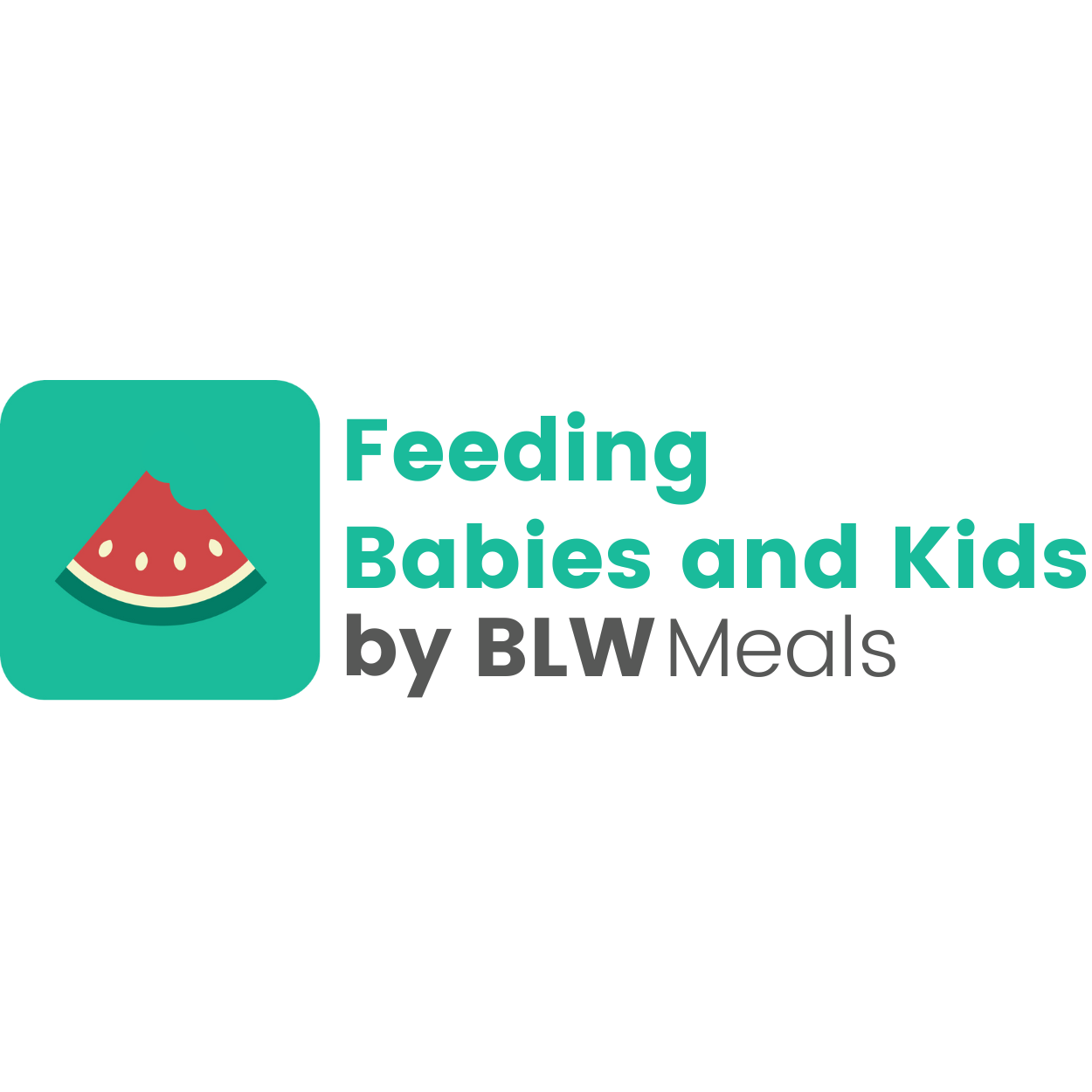
Discover why the clear your plate mentality is harmful and learn how healthy eating practices can prevent emotional and behavioral issues.
When it comes to childhood nutrition, the way you approach mealtime can directly impact your child’s psychological and behavioral development. Actions that may seem harmless could actually have long-term negative effects.
Previous generations often adopted the “clear your plate” mentality, believing that finishing every bite was a sign of gratitude and good manners. While well-intentioned, this approach has contributed to a disconnect between hunger and fullness cues, leading many to override their natural ability to self-regulate food intake.
Over time, this has been linked to emotional eating, guilt around wasting food, and even struggles with portion control.(1) Encouraging children to listen to their own bodies rather than eating out of obligation helps foster a healthier relationship with food, promoting autonomy and mindfulness rather than pressure and external control.
Let’s explore how you may be pressuring your child to eat, some of the things you can change and understand why pressuring a child to eat can be harmful. We’ll also discuss the consequences of this approach and introduce healthier, more respectful ways to handle mealtime and honor your child’s bodily autonomy.
Why the Clear Your Plate Mentality is Harmful
“Just one more bite”
- What it really is: Pressuring a child to eat against their will or beyond their comfort level.
- Consequences: When a child is forced to eat, they may learn to ignore their natural hunger and fullness cues. This can lead to emotional eating and disordered eating patterns later in life. They may also start believing that others know their needs better than they do, affecting their autonomy and self-confidence.
- Healthier alternative: Encourage your child to listen to their body. Try saying, “Ask your tummy if it’s still hungry or if it’s full.” This helps them recognize and respect their hunger and fullness cues.
“If you don’t eat, I’ll be sad”
- What it really is: Emotional blackmail.
- Consequences: This teaches children to prioritize other people’s emotions over their own needs. Over time, this may lead to people-pleasing behaviors and difficulty setting boundaries in relationships.
- Healthier alternative: Keep meals positive and engaging. Try asking playful questions like, “Is your hunger as small as an ant, as big as a puppy, or as tall as a giraffe?” to make mealtime fun.
“Eat everything like a good boy/girl”
- What it really is: A threat that instills fear and enforces control through intimidation.
- Consequences: Normalizing threats can lead to an acceptance of unhealthy power dynamics. A child who experiences this may grow up believing that punishment is a natural way to gain compliance, which can harm their emotional and social development.
- Healthier alternative: Set a positive example at the table. Eat with your child, make mealtime enjoyable, and create an atmosphere of connection. Talk about the food, share stories, and laugh together.

Tips for Making Mealtime a Positive Experience
To help parents manage their emotions and navigate mealtime challenges, we’ve created the guide “Regulating Adult Emotions” in our BLW Meals app. If you haven’t downloaded it yet, click here to get it.
- Encourage autonomy: Offer nutritious meals at regular times and let your child decide how much to eat. This teaches them to trust their body’s hunger and fullness cues.
- Use positive reinforcement: Acknowledge small successes. Say things like, “You used your fork so well!” to build confidence and self-esteem.
- Practice respect and understanding: Love, patience, and respect should guide all mealtime interactions. Acknowledge your child’s preferences and create a pressure-free eating environment.
Many of us grew up hearing things like, “Eat everything on your plate,” or “Just one more bite for me.” Mealtime often came with pressure, whether it was to avoid wasting food or to make the adults happy. Looking back, those experiences may have shaped the way we view food today—perhaps feeling guilty for leaving food behind or eating out of obligation rather than hunger.
Now, as parents, we have the chance to break that cycle. By creating a positive and pressure-free environment at the table, we can help our children develop a healthy relationship with food—one built on trust, respect, and their own natural cues.
Have you ever faced this situation or struggled with getting your child to eat? Let’s talk in the comments.
References
1. Robinson E, Aveyard P, Jebb SA. Is plate clearing a risk factor for obesity? A cross-sectional study of self-reported data in US adults. Obesity (Silver Spring). 2015 Feb;23(2):301-4. doi: 10.1002/oby.20976. Epub 2014 Dec 17. PMID: 25521278; PMCID: PMC4719168.


Comentários (2)
3 Children's Feeding Mistakes You Need to Stop Making - Feeding Babies and Kidssays:
February 26, 2025 em 6:41 pm[…] The true measure of effectively navigating the feeding journey at this stage lies in the process itself. Focus on offering diverse, nutritious options and fostering a positive mealtime environment rather than solely on whether your child eats everything served. […]
Division of Responsibility: Why you should respect your child's role at mealtime.says:
April 3, 2025 em 9:48 am[…] Remember: you’re providing multiple opportunities to eat throughout the day, and they’ll have other chances to try again!You may like to read: Why the clear your plate mentality is harmful […]